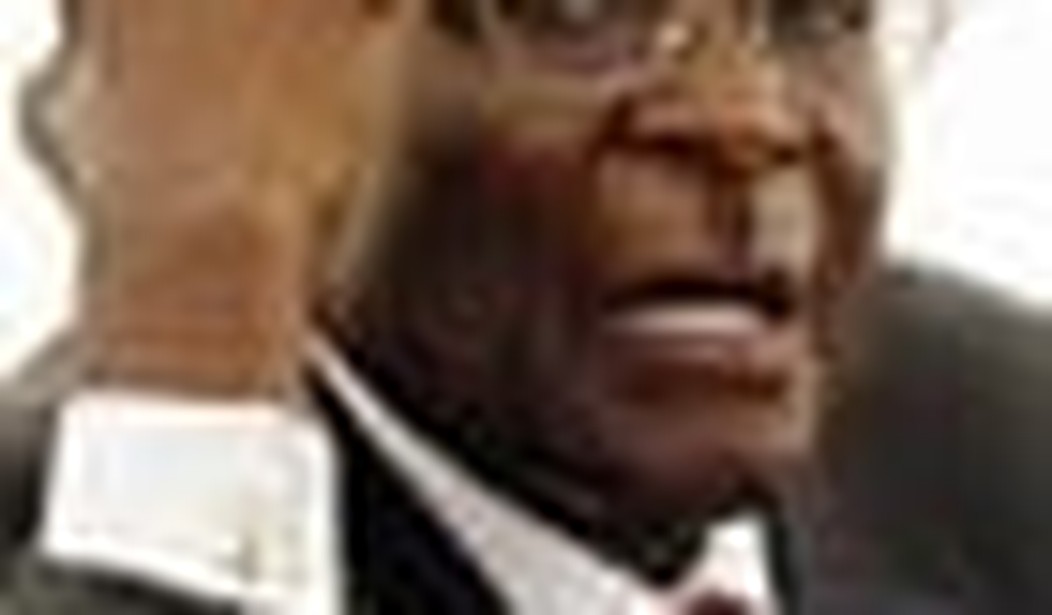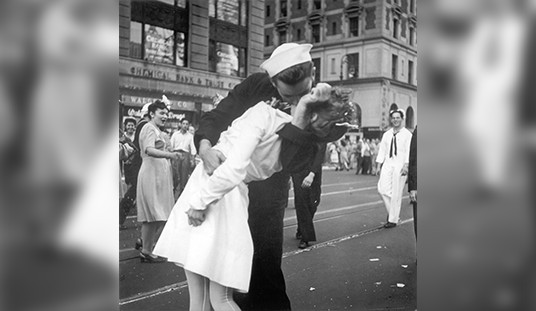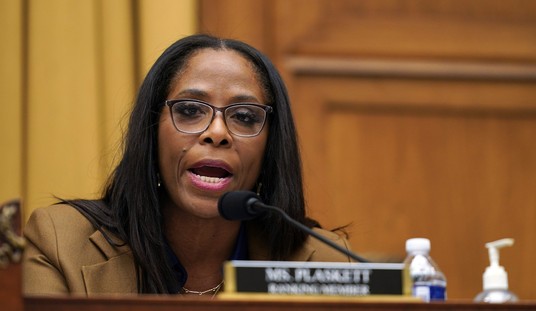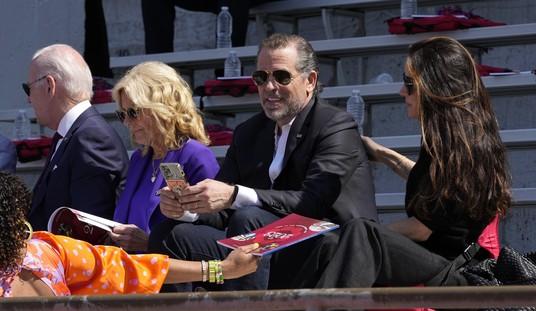Freedom fighters turned politicians often refuse to relinquish power once attained. Nelson Mandela’s greatest legacy was his ability to leave office when he felt he had done all he could to lead South Africa out of the darkness and when he felt the country was ready for new leadership.
Robert Mugabe, unfortunately, does not subscribe to this way of thinking.
You can call Mugabe a number of things — desperate, cruel, dictator, ruthless, a murderer, an oppressor, to name a few — but don’t call him stupid. Africans who understood the man knew he was never going to give up power, he was never going to sit back peacefully and allow others to govern his beloved Zimbabwe.
And here he is — he is Robert Gabriel Mugabe and he is president of Zimbabwe yet again. The only strange thing is that he won an uncontested election by a 9 to 1 margin… who did the other 10% vote for?
Who is Robert Mugabe and how did he come to hold sway over a country once known as the bread basket of Africa? He was born on February 21, 1924 in Kutama, Salisbury, Southern Rhodesia — or so it was then called. He first rose to prominence in the 1960s as the secretary general of the Zimbabwe African National Union (ZANU). His stated aim was to replace white minority-rule with a one-party Marxist regime. The liberation war ended in 1979, and Mugabe was hailed by most Africans as a hero. He won the general elections of 1980 and then became the first prime minister of Zimbabwe.
His policies have increasingly elicited domestic and international denunciations but none from my country of South Africa, his loyal neighbor. The South African government has remained so tight-lipped on the situation in Zimbabwe that rumors abound that he has information on the ANC that would embarrass the South African government — if it was ever made public. Perhaps this is an urban legend created in the absence of any real facts, but the continued policy of “quiet diplomacy” has baffled everyone for years.
Mugabe’s government, under the guise of “land reform,” expropriated thousands of white-owned farms. As the money, food reserves, and basic supplies began to dry up, the government simply printed hundreds of trillions of Zimbabwean dollars, triggering hyperinflation and food shortages throughout the country. Stories abound about how toilet paper became more expensive per sheet than the money printed and of syndicates buying up trillions of Zim Dollars to incinerate for the silver strip in them that was now worth more than the notes. This in turn triggered a mass exodus across the border into South Africa and has been seen as a major cause behind the outbreak of xenophobic violence that has so plagued South Africa for the past six weeks.
Mugabe, supported by his band of “war veterans” and political supporters, has been accused of harassing and intimidating political opponents, particularly members of the Movement for Democratic Change. Mugabe’s policies have been denounced in the West, by certain African leaders, and at home. He has described his critics as “born again colonialists,” and both he and his supporters claim Zimbabwe’s problems are the legacy of imperialism, aggravated by Western economic meddling and of course his arch enemy Tony Blair.
Mugabe lost the first round of the 2008 election to opposition leader Morgan Tsvangirai, 43% to 48%, though neither candidate secured the 50% necessary to avoid a runoff election. Questions abound about how he lost a rigged election and I am certain someone, somewhere was answering some pretty embarrassing questions.
Early signs were that Mugabe might actually concede defeat and allow the country to change leadership. This of course was great cause for celebration down south where Thabo Mbeki’s policy of “Quiet Diplomacy” — so ridiculed the world over — seemed to have borne fruit. But alas, after weeks of flip-flopping and delaying it was announced that the votes had finally been counted and it was too close to call.
It was interesting to listen to Mugabe’s men explaining how the counting was still going on but they already knew a runoff was necessary. Kind of strange, don’t you think? And then, predictably, the violence erupted.
It was all depressingly predictable. There was never going to be a “free and fair” election; the opposition was never going to get the chance to embarrass the government or Mugabe again. Violence, murder intimidation, arrests for treason, harassment, and the prevention of rallies and canvassing began. It culminated with Mugabe’s war veterans preventing an MDC rally from taking place last week. Finally Morgan Tsvangirai, head of the Movement for Democratic Change, took refuge in the Dutch Embassy and declared that he would no longer contest the elections.
As expected, the elections went ahead amidst calls from world leaders that the elections be postponed and a settlement be reached.
Some African leaders even lent their voices to this call, but, once again, South Africa’s Thabo Mbeki, once the most influential leader in the region, remained silent. By the weekend, the results were made known (they sure counted fast this time!) and Robert Gabriel Mugabe was sworn in for a sixth term in office as president of Zimbabwe. The world can condemn him all they like; he simple doesn’t give a hoot.
The people will starve; they will continue to cross the border by the thousands, exasperating the problems we already face in South Africa. And Robert Mugabe and his generals will cling to power, pat themselves on the back, and blame the rest of the world for the problems that befall their country.









Join the conversation as a VIP Member